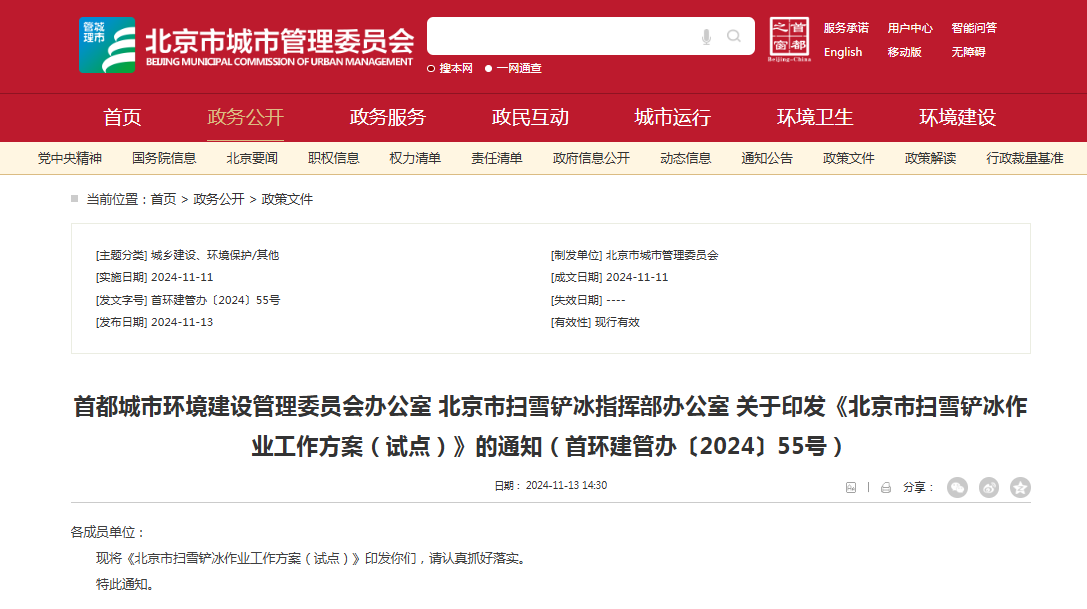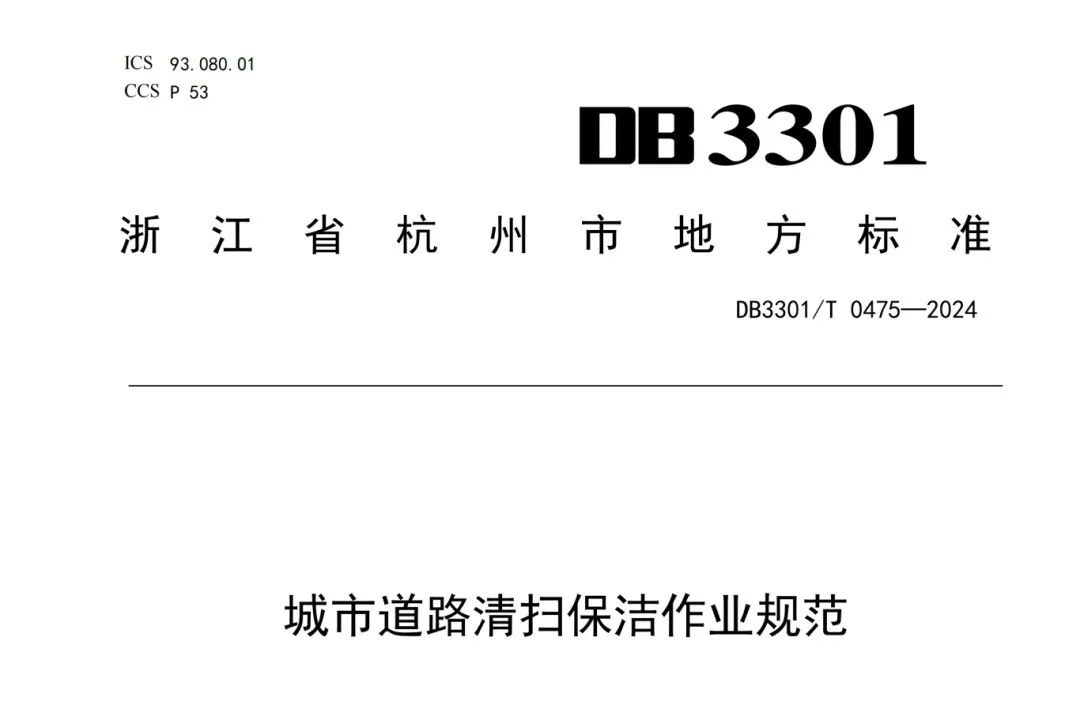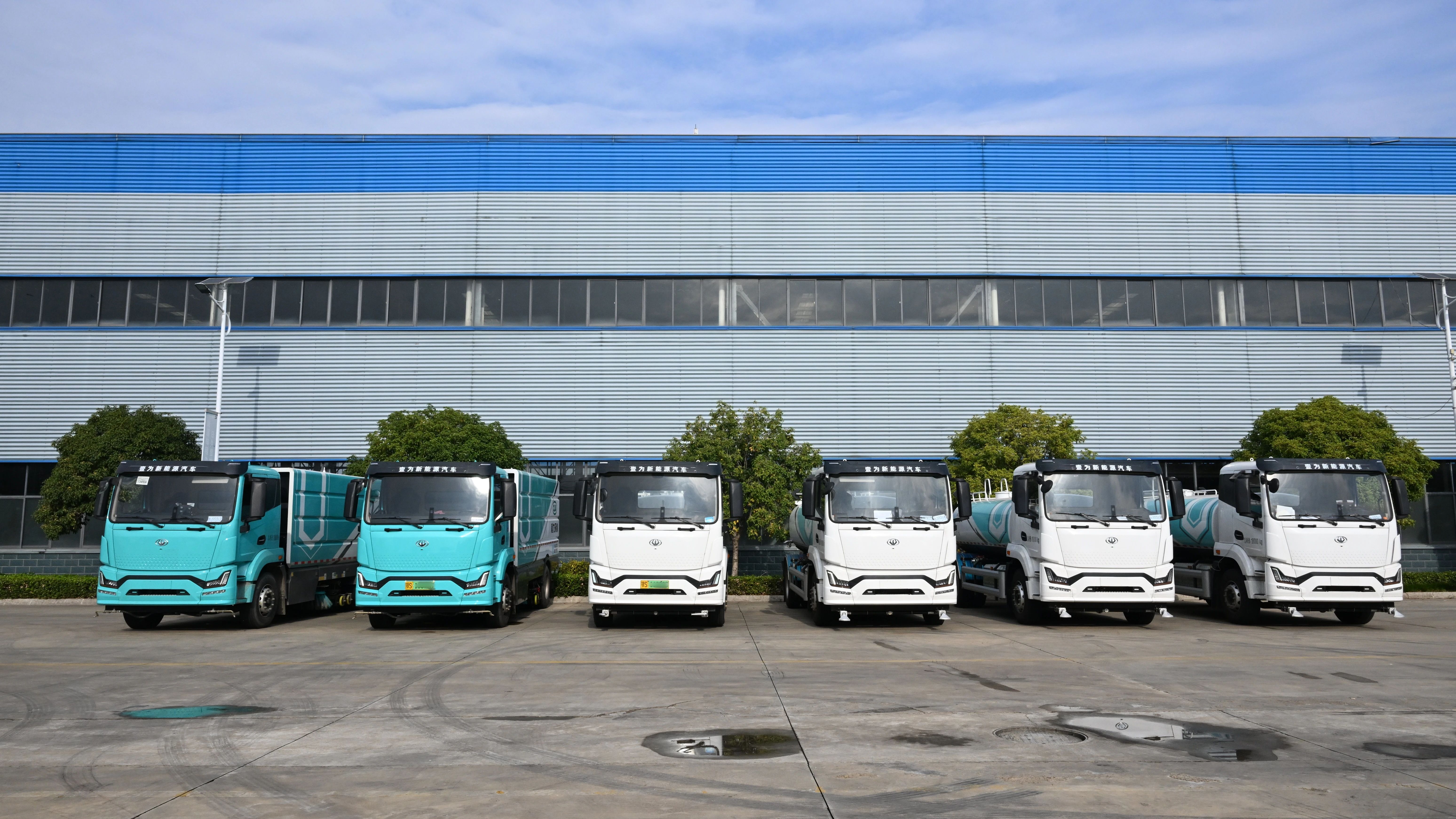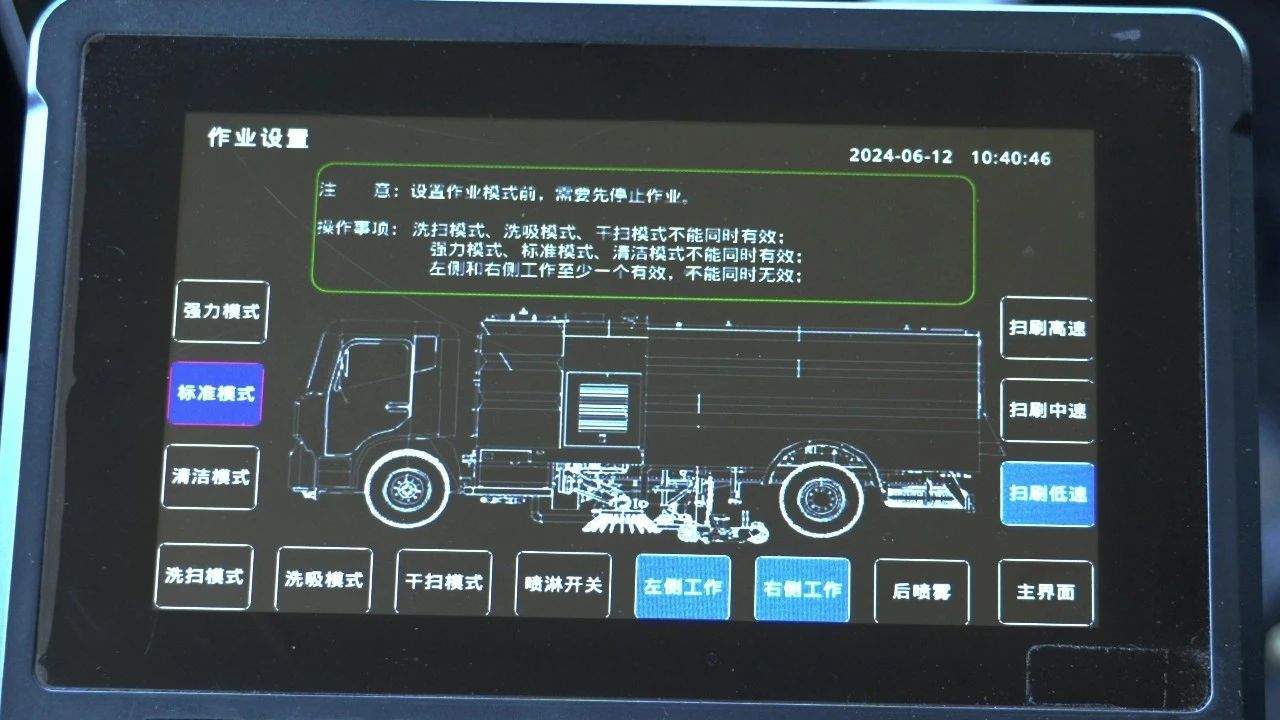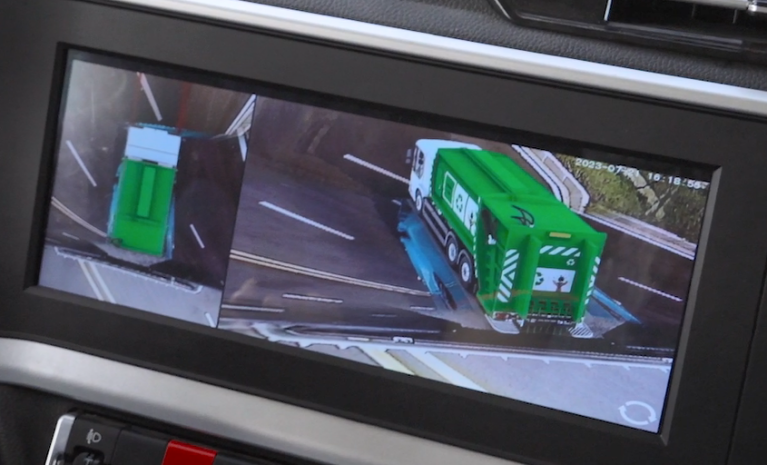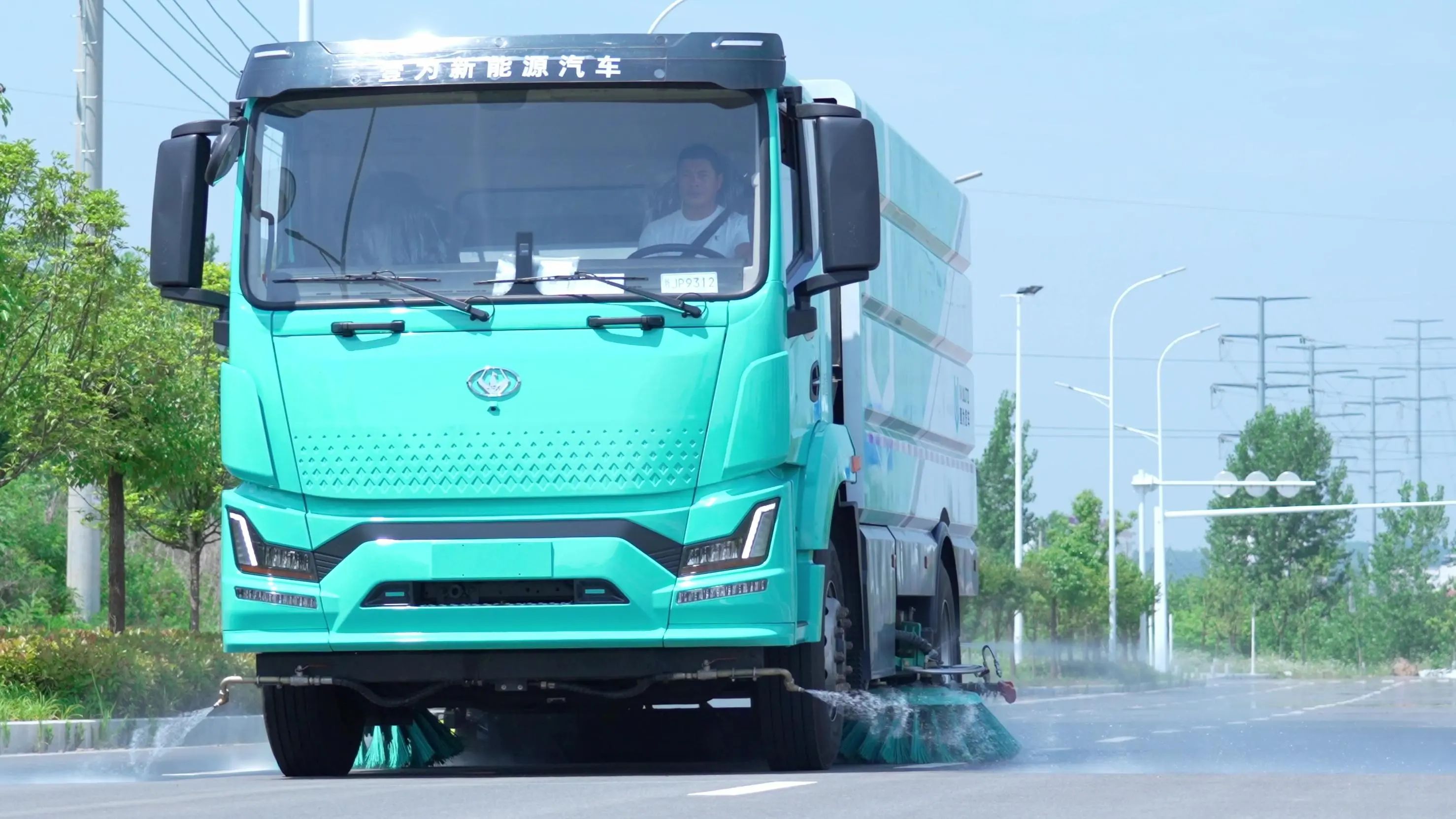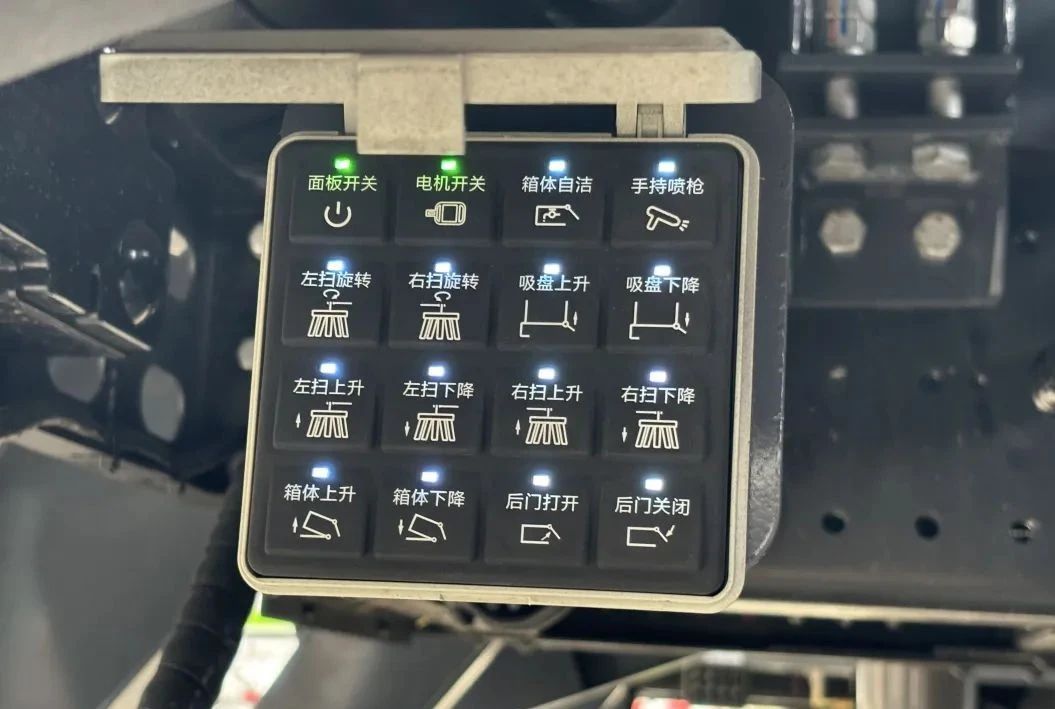Recently, the Office of the Capital City Environment Construction Management Committee and the Beijing Snow Removal and Ice Clearing Command Office jointly issued the “Beijing Snow Removal and Ice Clearing Operation Plan (Pilot Program)”. This plan explicitly proposes to minimize the use of de-icing agents on both motor vehicle lanes and non-motor vehicle lanes. Specifically, for urban roads, professional sanitation units will implement mechanized snow removal and ice clearing operations, focusing on mechanical sweeping and using de-icing agents meticulously and according to regulations. They will employ specialized snow removal equipment and carry out small-cycle, high-frequency grouped operations. Simultaneously, taking into account practical situations, pilot programs for operations without the use of de-icing agents will be conducted on certain roads.
Recently, Hangzhou City also released a new local standard, the “Urban Road Cleaning and Maintenance Operation Specifications”. This standard was jointly led and compiled by the Hangzhou Municipal Center for Environmental Sanitation and Solid Waste Disposal Security (Hangzhou Municipal Institute of Environmental Sanitation Science) and the Shangcheng District Urban Management Bureau of Hangzhou, and officially came into effect on November 30th. The new standard emphasizes the importance of mechanized and intelligent operations, and includes the usage specifications of equipment such as guardrail cleaning vehicles and small high-pressure flushing vehicles. Furthermore, it details the maintenance requirements for operating equipment and vehicles to ensure their stable operation, thereby effectively improving operational efficiency and quality.
Beijing and Hangzhou, as leading major cities in China, are actively advocating and implementing intelligent and mechanized operation methods in winter urban road cleaning and maintenance. The realization of sanitation mechanization relies on the support of various large, medium, and small sanitation vehicles. Compared to fuel-powered sanitation vehicles, new energy sanitation vehicles excel in intelligence, meeting the demands of intelligent sanitation.
In terms of intelligent configuration, Yiwei Auto’s self-developed new energy sanitation vehicles are equipped with a highly integrated smart screen, enabling drivers to understand real-time vehicle status and control various operational functions with one click, significantly improving operational convenience and work efficiency. The vehicles are equipped with a 360° surround view system (optional on some models), cruise control, rotary gear shift, and low-speed crawling functions, greatly enhancing driving safety and convenience.
Regarding Beijing’s pilot program for operations without the use of de-icing agents, the frequency and efficiency requirements for mechanized snow removal operations are higher. The pure electric sweeper truck launched by Yiwei Auto can be equipped with an optional snow roller and snowplow, achieving multi-purpose functionality for different seasons throughout the year. In areas of northern China that experienced heavy snowfall last year, this model operated for up to 8 hours daily, and its long range and fast-charging capabilities perfectly assisted relevant departments in completing emergency snow removal tasks.
In conclusion, major cities in China are leading the way in transitioning urban road cleaning and maintenance operations towards intelligence and mechanization by issuing a series of work plans and operational specifications. This has become an inevitable trend for future urban sanitation. In this process, new energy sanitation vehicles, with their significant advantages in high intelligence and high efficiency, have become a key driving force for this transformation. With its diverse range of sanitation vehicle products, Yiwei Auto not only precisely meets the diversified needs of urban cleaning operations but also is committed to promoting the green and efficient development of the sanitation industry.
Post time: Dec-13-2024





